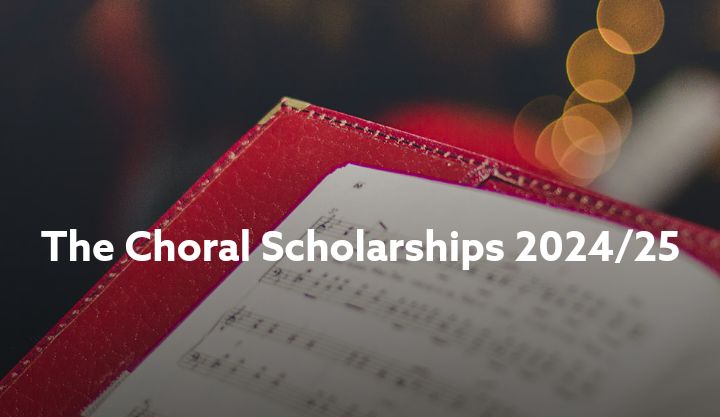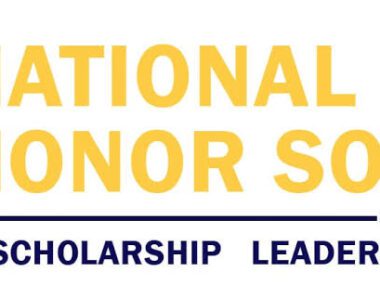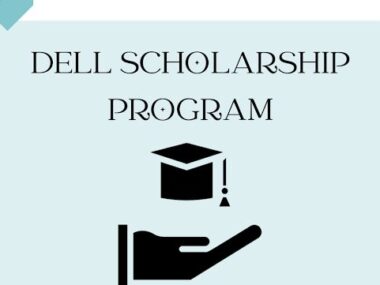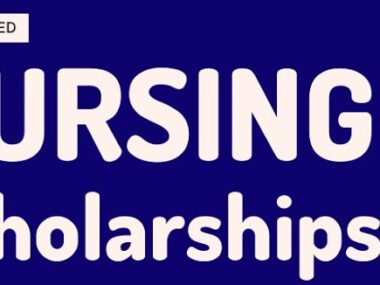Choral Scholarships in London for the 2024 Olympics
The Olympic and Paralympic Games are coming to London again in 2024! As one of the world’s greatest sporting events comes back to the city, there will be incredible musical opportunities for talented young singers through choral scholarships at London colleges and universities.
What is a Choral Scholarship?
A choral scholarship is a prestigious financial award granted to an outstanding vocalist that covers all or part of tuition fees in exchange for musical commitments. Scholars commit to singing in one or more choirs affiliated with their college/university and are expected to maintain the highest musical and academic standards. Scholarships are competitive and aim to attract gifted singers to enrich and enhance the musical life of the institution.
Beyond tuition assistance, scholars often receive additional benefits like free instrumental tuition, academic support, career mentoring, concert attire, international tour opportunities, and networking within the classical music world. Scholars act as ambassadors for their schools and play a key role in cultivating a tradition of excellent choral music.
Eligibility for Choral Scholarships in London
To be eligible for most choral scholarships in London, applicants must typically:
- Be between 16-24 years old (some institutions consider applicants up to 27)
- Have achieved/be predicted to achieve high grades in GCSEs/A-Levels or hold other academic/musical qualifications
- Demonstrate strong vocal ability and choral experience through auditions
- Be eligible to study at the undergraduate level at a London college/university
- Be able to fully participate in rehearsals and concerts throughout the academic year
Audition requirements vary but may include prepared solo repertoire, sight reading, aural tests, verbal tests on music theory/history, and interviews assessing musicality and commitment. Candidates must display exceptional potential as choral singers and leaders through auditions. Fluency in English and an enthusiasm for choral music are also important.
Timeline and Logistics for 2024 Auditions
Audition periods for 2024 choral scholarships in London are quickly approaching. Students considering applying must act soon to allow proper preparation. Here are some key upcoming dates:
Summer/Fall 2023
- Research programs and narrow school choices
- Contact music directors about scholarships and schedules
- Make initial inquiries and watch for application deadlines
Winter 2023
- Audition repertoire chosen and preparation begun in earnest
- Mock auditions taken to ease nerves and refine performance
- Academics in order to meet eligibility criteria and entrance requirements
Spring 2023
- Complete applications submitted by early 2023 deadlines (often Jan-Feb)
- First round auditions taken, typically on referral basis after applications
- Decisions and callback/finals rounds scheduled for late winter/spring
Summer 2024
- Orientation and the start of programs for successful candidates
- Intense preparation begin for Olympics choral performances
It’s never too early to start researching options and timelines. Getting a head start can alleviate stress and increase the chances of admission. Reach out to music faculties early for guidance.
Top Choral Scholarship Programs in London
London is considered one of the world’s greatest cities for choral music, with many outstanding colleges and universities offering prestigious scholarships. Here are some top programs to consider:
Royal College of Music
One of the best conservatoires globally, with a long tradition of excellence. Offers generous scholarships and world-class training led by celebrity conductors like Sir Simon Rattle. Ensembles include the RCM Choir and soloists in high-profile concerts.
Guildhall School of Music & Drama
Prestigious performing arts institution with exceptional vocal, orchestral, and opera programs. Overseen by eminent conductors and offers diverse performance opportunities in London and international tours. Groups include Guildhall Artists chamber ensembles and symphonies.
King’s College London
Renowned for the world’s oldest college choir that sings evensong daily in a stunning Cambridge chapel. Students balance rigorous academics with singing for services, concerts, and recordings. Recent successes include collaborations with The Weeknd and Dua Lipa.
Royal Academy of Music
Top music conservatoire founded in 1822. Has produced legendary alumni like conductor Sir Simon Rattle and soprano Emma Kirkby. Ensembles comprise the RAM Choral Union, soloists, and smaller vocal groups. Regular performances at prestigious London venues.
Trinity Laban Conservatoire of Music and Dance
Offers joint training in music and dance through its elite programs. Primary ensembles are Sinfonia, Chamber and Jazz orchestras, plus The Conservatoire Singers. Unique opportunities for combined study across disciplines.
These represent some of the best options to gain high-level choral experience, and academic excellence, and launch careers in music. Competition is fierce so demonstrating top-tier skills through auditions is key. Private tutoring can further strengthen applications to top institutions.
Typical Choral Scholar Schedule
If accepted to a prestigious choral scholarship program, candidates should expect a rigorous but highly rewarding schedule. Below is a sample weekly timetable for a 1st year undergraduate vocal performance scholar:
Monday
- 9 am-12 pm: Academic lectures
- 1-3 pm: Individual vocal lessons
- 4-6 pm: Chamber choir rehearsal
Tuesday
- 9 am-12 pm: Academic tutorials
- 1-3 pm: Orchestra rehearsal (if string player)
- 4-6 pm: University Chorus rehearsal
Wednesday
- 9 am-12 pm: Academic seminars
- 1-3 pm: Oratorio solo rehearsal
- 4-6 pm: A cappella group rehearsal
Thursday
- 9 am-12 pm: Academic research
- 1-3 pm: Opera workshop
- 4-6 pm: Concert band rehearsal
Friday
- 9 am-12 pm: Academic assignments
- 1-3 pm: Guest masterclass
- 4-6 pm: Full symphony orchestra rehearsal
Saturday/Sunday
- Services or concerts as assigned
- Practice, outside performances, sectionals as determined by solo/ensemble commitments
This packed but enriching schedule allows scholars to comprehensively develop their skills while also gaining valuable experience. Time management and prioritization are critical skills to succeed as a scholar.
Scholarship Benefits Beyond Tuition
While the primary perk of a choral scholarship is financial assistance with tuition costs, there are numerous additional benefits that come with these prestigious awards:
- Private vocal coaching with elite pedagogues
- Masterclasses with world-renowned conductors and solo artists
- Dedicated academic mentoring and support services
- Career networking within the classical industry
- Ensemble leadership and soloist opportunities
- National and international performance tours
- Concert attire, robes and relevant music/equipment
- Access to practice facilities and accompanists
- Community within a cohort of talented musicians
- Opportunities to enhance musical and personal growth
Scholarships offer far more than just tuition savings. They provide unparalleled training, experience, and launch pads for successful art careers through robust performance and enrichment activities.
FAQs About Choral Scholarships in London
Here are answers to some frequently asked questions about securing choral scholarships in London for the 2024 Olympics:
What level of singing skill is expected?
Scholarships seek potentially professional-level singers. Candidates should demonstrate excellent breath support, tone quality, pitch accuracy, musicality, sight-reading skills, and a strong knowledge of vocal pedagogy. Private lessons are highly recommended.
How time-consuming is the commitment?
Rehearsals and performances like services, concerts, and tours require a large weekly time investment, typically 10-15 hours. Scholars must also balance full course loads. Strong time management is essential to succeed.
What type of curriculum can I expect?
Academic programs vary but commonly include subjects like musicianship, music theory/history, foreign languages, performance studies, and liberal arts. Rigorous core coursework provides a well-rounded education.
What if I don’t receive full funding?
Most schools offer partial scholarships or need-based financial aid. Candidates can often piece together multiple smaller awards to substantially reduce costs. Private backing may also be available.
How competitive is the process?
Admission is very selective, typically accepting only the top 2-5% of applicants. Candidates need near-professional abilities, years of experience, and impeccable academics. Early preparation and mock auditions are crucial.






